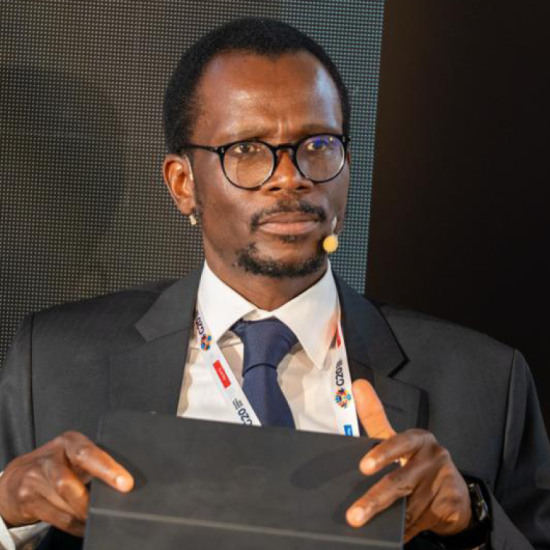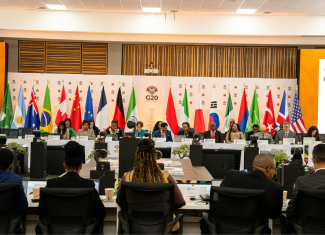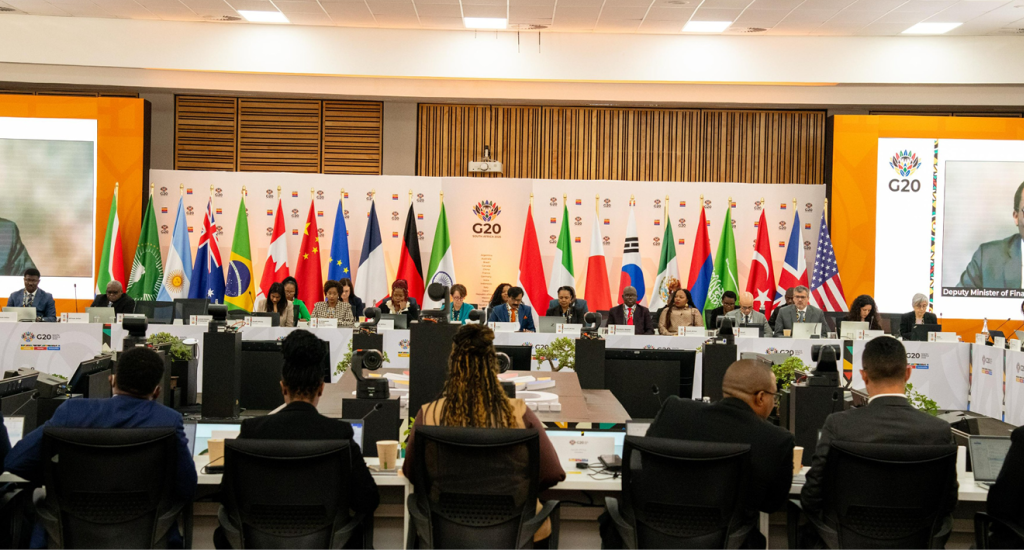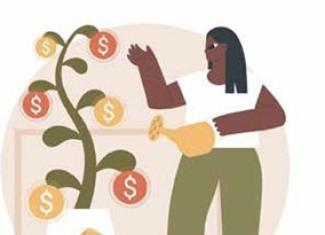Call to close
financial inclusion gap for women

Deputy Minister of Finance, Dr David Masondo, has emphasised the importance of closing the financial inclusion gap for women and ensuring that they can leverage financial services to smooth their incomes, invest in opportunities and protect themselves against shocks.
“Usage remains low, and significant gaps persist, particularly for women, youth, informal workers and rural entrepreneurs,” said the Deputy Minister during his address at the second Plenary Meeting of the Global Partnership for Financial Inclusion (GPFI) held in Skukuza, Mpumalanga recently.
He added that empowering women is not just a matter of fairness or social equity; it is smart economics.
“When women gain access to financial tools and earnings, they invest in their families and communities to an impressive degree. Studies show that women typically reinvest up to 90% of their income back into their households, compared to around 30 to 40% for men.
“We have seen that financially empowering a woman creates a ripple effect; children stay in school longer, family nutrition improves and local economies become more resilient. Conversely, when women remain on the margins of finance, we all lose out on growth and innovation.
“Let us remember that closing the financial inclusion gap for women is not a sidebar, it is central to our agenda. Giving women access to and the ability to use affordable payments, credit, and insurance will boost development broadly,” he said.
Prioritising women’s economic empowerment
The Deputy Minister reiterated that South Africa has prioritised women's economic empowerment in its national strategies, and encouraging progress is being made.
“But there is much farther to go to ensure that the creative entrepreneur I described, and millions like her can prosper. She does not want charity; she wants the playing field: levelled reliable digital payments, safe savings, and fair credit so her enterprise can grow.
“Turning this vision into reality will require concerted action on multiple fronts: public policy, private innovation and grassroots capacity-building. South Africa is committed to doing its part.
“Through our Financial Sector Development Reform Programme, supported by partners like the World Bank and the Swiss State Secretariat for Economic Affairs, we invest in the infrastructure and reforms that move inclusion from access to usage,” Masondo said.
Inclusive innovation
The Reserve Bank has launched the Inclusive Payments Digitalisation Programme that aims to bring practical digital payment solutions to the informal sector.
“We have piloted it in two communities, Thembisa and Hammanskraal, to develop digital ecosystems right where people live and work.
“This pilot is a testament to what is possible when we blend policy intent with on-the-ground innovation. We plan to expand such efforts, informed by data and community feedback, so that no entrepreneur is left behind by the digital finance revolution.
“Our commitment goes further. We are streamlining regulations to encourage low-cost fintech solutions through the Intergovernmental Fintech Working Group, strengthening consumer protection to build trust in digital finance through the Conduct of Financial Institutions Bill, and improving connectivity in rural areas through the SA Connect programme,” he said.
In essence, efforts are being made to create an environment where using financial services is easy, affordable, and safe so that inclusion translates into actual economic participation.
“But South Africa cannot do it alone. The beauty of the GPFI is that it allows us to learn from each other and to tackle common challenges together. Every country in this room has experiences, successful policies, clever tech applications, and even instructive failures that can inform the way forward for all of us,” Masondo said.
The GPFI is an inclusive platform for G20 countries, non-G20 countries and relevant stakeholders for peer learning, knowledge sharing, policy advocacy and coordination.
It is the primary implementing mechanism of the G20 Financial Inclusion Action Plan.
South Africa assumed the G20 Presidency on 1 December 2024, under the theme; “Solidarity, Equality and Sustainability.”






